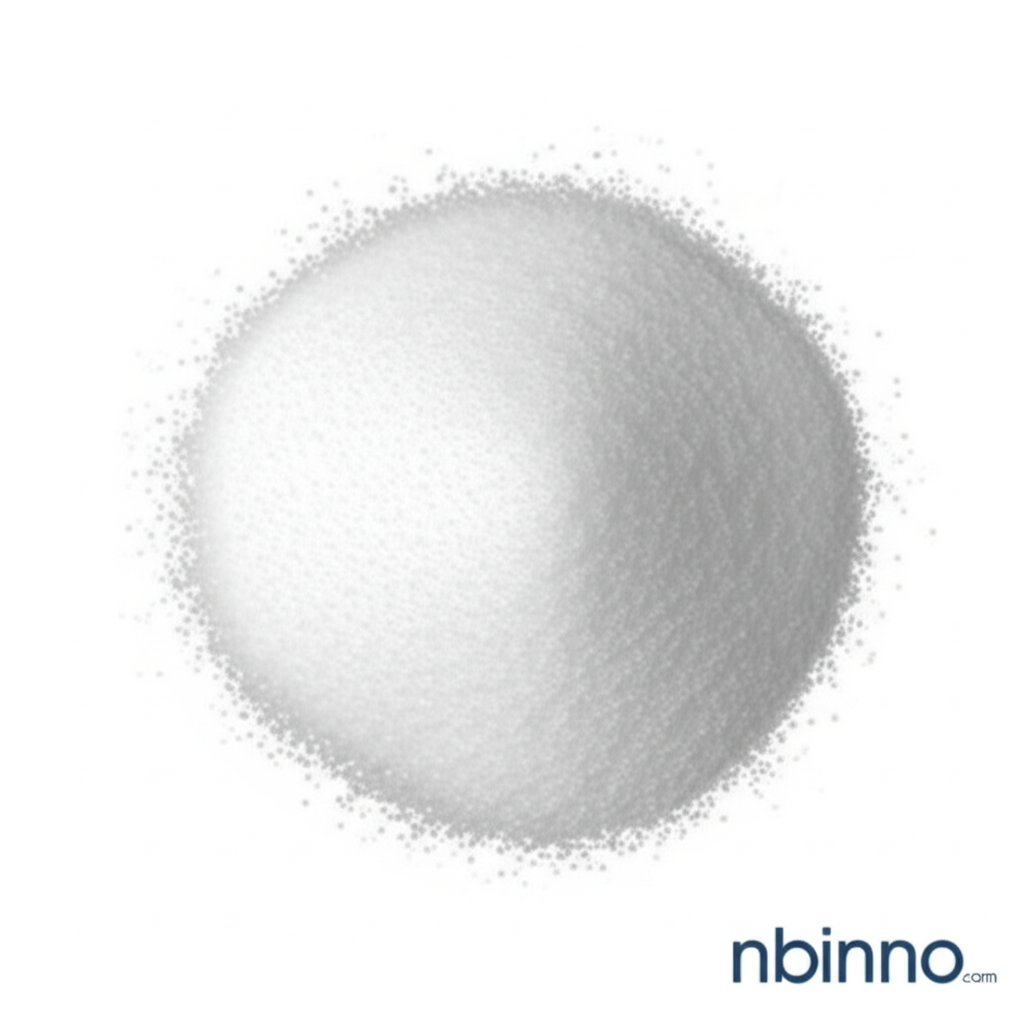Understanding DEET: Properties, Applications, and Safety
Explore the science behind N,N-Diethyl-3-methylbenzamide, the gold standard in insect repellents.
Get a Quote & SampleProduct Core Value

N,N-Diethyl-3-methylbenzamide
N,N-Diethyl-3-methylbenzamide, commonly known as DEET, is a highly effective active ingredient renowned for its role in preventing bites from a wide range of insects, including mosquitoes, ticks, flies, and fleas. It is a colorless to slightly yellow oil that can be applied to the skin or clothing.
- Discover the N,N-Diethyl-3-methylbenzamide properties that make it a leading choice for personal protection against insect-borne diseases.
- Learn about how DEET works on mosquitoes, primarily by confusing their olfactory receptors.
- Understand the importance of DEET concentrations and effectiveness, as higher percentages generally offer longer protection.
- Explore DEET alternatives for children and the necessary precautions for safe application on younger individuals.
Advantages Provided by DEET
Broad Spectrum Protection
DEET offers comprehensive defense against numerous biting insects, playing a crucial role in preventing the transmission of vector-borne diseases, as highlighted in discussions about DEET effectiveness.
Proven Efficacy
With decades of use, DEET has established itself as a reliable and scientifically validated insect repellent, making it a go-to solution for outdoor enthusiasts and travelers seeking protection.
Flexible Application
Available in various formulations like sprays, lotions, and sticks, DEET can be conveniently applied to skin or clothing, ensuring user comfort and adherence to safe application practices.
Key Applications
Insect Repellency
The primary application of DEET is as an active ingredient in insect repellents, providing protection against bites from mosquitoes, ticks, and other disease-carrying insects.
Chemical Synthesis
As a chemical compound, DEET can serve as a building block or reagent in various synthesis processes within research laboratories.
Laboratory Reagent
Researchers utilize DEET for studies focusing on insect behavior, chemical ecology, and the development of new repellent technologies, understanding its chemical structure of DEET.
Outdoor Recreation
Essential for activities like camping, hiking, and gardening, DEET ensures users can enjoy the outdoors without the nuisance and health risks associated with insect bites.
